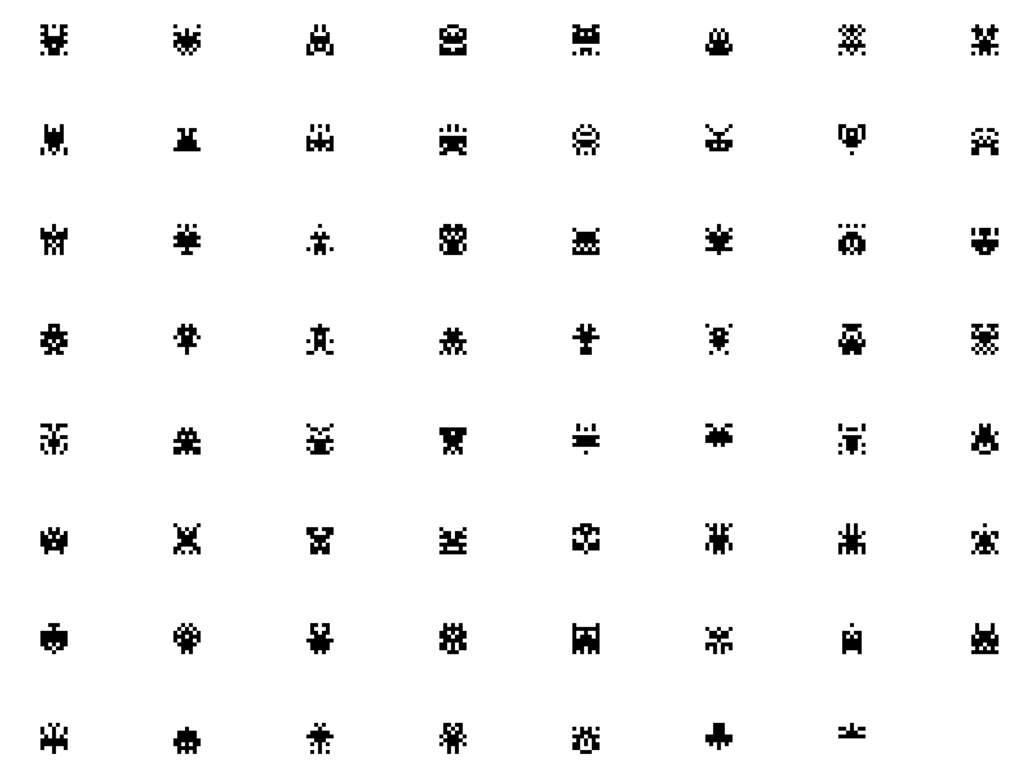-
Reverse Engineering Code Art - Part 1
This incredibly amazing piece of code produces 48 procedural generated sprites on screen

for(i=2e3;!t&&i--;Math.random()>(X**2+(Y-4)**2)**.5/6&&f(7)+f(-7))X=i&3,Y=i>>2&7,f=m=>x.fillRect(240*(i>>5&7)+120-X*m,180*(i>>8)+50+Y*7,7,7) -
Case study on extended statistics
Case study on extended statistics
First we need to ask ourselves the following questions
- What are statistics in Postgresql?
- When we do a query the planner will need to estimate the number of rows to
retrieve from the table. To do this infomation is stored in the table
pg_statistic - Entries here are updated by
ANALYSEand are always kept up to date, in the example I would be showing a case where that occurs - The statistics stored however are for a single column
- When we do a query the planner will need to estimate the number of rows to
retrieve from the table. To do this infomation is stored in the table
- What is an extended statistics?
- An extended statistics is something an user can create
- This is used in cases when queries are slow due to correlation between columns
- What are statistics in Postgresql?
-
Different ways of packing JAR in Java
A JAR is abbreviated as Java ARchive, which is basically as the definition says it is a collection of your class files also with some meta data defined in
META-INF/MANIFEST.MF, zipped into a single fileThe manifest contains the location to the classpath dependencies, main class to run if your jar is to be an application.
Though Java is dynamically linked, due to JARs we can create a single uber jar if needed. There are a couple of ways of packing the JAR, depending on your use case
-
Covariance and Contravariance
Covariance and Contravariance
Design Guideline 2 - Covariant and Contravariance
-
Law of Demeter
Law of Demeter
Stumpled across this from PMD at 2AM at office 😓, and what did I do?? Ping chat about the topic, fix my code and sleep
What is the Law of Demeter?
- Each unit should have only limited knowledge about other units: only units “closely” related to the current unit.
- Each unit should only talk to its friends; don’t talk to strangers.
- Only talk to your immediate friend